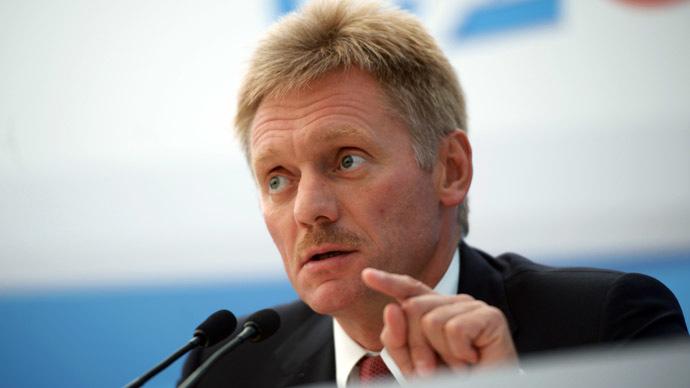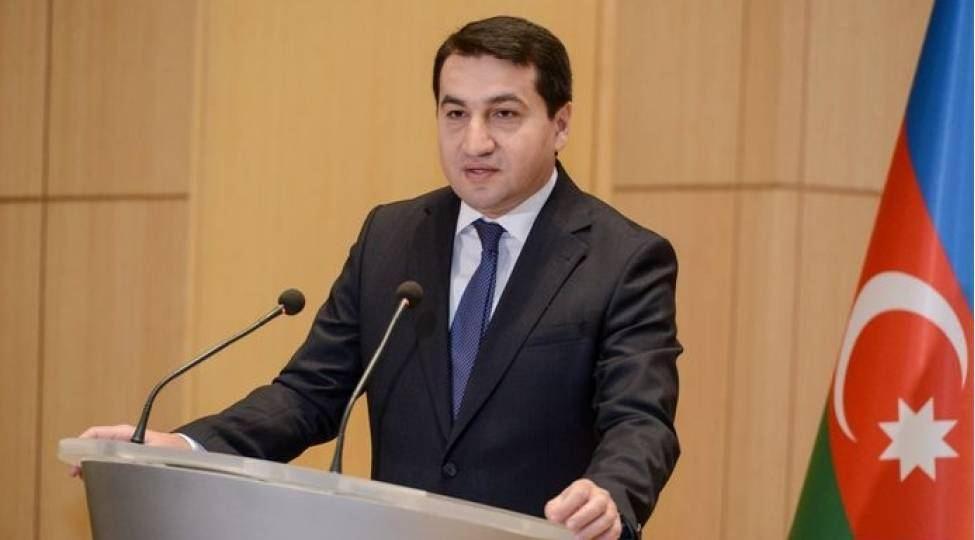Russia, Azerbaijan announce withdrawal of peacekeepers from Karabakh Signaling a new phase in post-conflict dynamics
The recent announcement of Russia pulling out its peacekeeping forces from Azerbaijan’s Karabakh region represents a notable shift in the post-conflict landscape of the South Caucasus region.
This move significantly improves relations between Baku and Moscow, as tensions between Russia and Armenia escalate, and diplomatic ties between Russia and Georgia remain virtually non-existent.
Following the trilateral peace deal, brokered by Russia on November 10, 2020, between Azerbaijan and Armenia, which ended the active hostilities in Karabakh and surrounding territories, the presence of Russian peacekeepers has been crucial in maintaining stability and facilitating the implementation of ceasefire agreements despite shortcomings and failures.
The decision to withdraw the peacekeepers, as officially confirmed by Russia and Azerbaijan, signals a shift in the security landscape of Karabakh, which is being rebuilt from scratch.
“This is indeed the case,” Kremlin Spokesman Dmitry Peskov told the Interfax news agency on April 17 in response to media inquiries without giving a timeframe for the withdrawal.

Azerbaijani presidential top foreign policy aide Hikmat Hajiyev in remarks for the state news agency Azertac also confirmed that a withdrawal agreement had been struck.
“The early withdrawal of Russian peacekeepers, temporarily stationed in the territory of the Republic of Azerbaijan per the trilateral statement signed on November 10, 2020, has been decided by the leaders of both countries,” Azertac quoted Hajiyev as saying.
The move not only underscores the progress made in terms of stabilizing the region but also reflects the confidence of Azerbaijan in the sustainability of the peace process. The presidential aide highlights the collaborative approach between the two countries, which underscores a shared commitment to upholding the terms of the peace agreement and ensuring a smooth transition in the security arrangements of Karabakh.
The swift endorsement of the withdrawal agreement elicited jubilant and resoundingly positive reactions from Azerbaijani experts and politicians across a spectrum of political factions. This enthusiastic response underscored a robust national consensus within Azerbaijan, highlighting the widespread recognition of the significant implications of the development.
Experts and politicians alike hailed the withdrawal agreement as a testament to Azerbaijan's diplomatic prowess and strategic acumen, viewing it as a decisive step towards consolidating peace and stability in the region.
Furthermore, the unified support from diverse political factions underscores the collective understanding of the benefits of this milestone. It transcends partisan divides, emphasizing a shared commitment to advancing Azerbaijan's interests on the international stage and solidifying its position as a regional leader.

The jubilation expressed by Azerbaijani stakeholders also speaks to the tangible impact of the withdrawal agreement on the lives of ordinary citizens. With the prospect of a reduced military presence and increased stability, there is a palpable sense of optimism about the future trajectory of Karabakh and its surrounding areas.
In essence, the enthusiastic endorsement of the withdrawal agreement symbolizes not only a moment of triumph for Azerbaijani diplomacy but also a reaffirmation of the nation's unwavering determination to pursue peace, prosperity, and security for its citizens and the wider region.
The presence of nearly 2,000 Russian peacekeeping personnel in Karabakh since the 2020 trilateral peace deal has been instrumental in preventing further escalations and fostering an environment conducive to negotiations and reconciliation efforts. However, the decision to withdraw these forces indicates confidence in the progress achieved thus far and a belief in the ability of Azerbaijan to maintain the security of the region on its own.
Azerbaijan's complex relationship with foreign armies
In the collective mindset of Azerbaijanis, the presence of foreign troops within the country's borders has long been regarded as a complex and potentially destabilizing factor. It evokes a sense of vulnerability and a perceived erosion of full independence, often intertwined with a deep-seated inferiority complex shaped by historical occupations and geopolitical realities.
Following Azerbaijan's hard-won independence in 1991, the withdrawal of Russian military forces in 1992 was seen as a crucial step towards asserting sovereignty and reclaiming control over national security affairs. However, the subsequent redeployment of Russian peacekeepers to the region in 2020, and the absence of a peace treaty reignited apprehensions and fueled speculation within certain segments of Azerbaijani society. Against this backdrop, the start of the withdrawal triggered positive reactions by Azerbaijani experts and politicians.
Azerbaijan stands unique among its peers in the Eastern Partnership Organization as the sole nation devoid of foreign military bases within its borders. This absence not only underscores Azerbaijan's commitment to maintaining sovereign control over its territory but also reflects a strategic stance that prioritizes self-reliance and autonomy in defense affairs.
Amidst a region where external military presence is often a geopolitical reality, Azerbaijan's position highlights its determination to chart an independent course and safeguard its national security interests without reliance on foreign forces.
This distinction within the Eastern Partnership Organization underscores Azerbaijan's status as a key player in shaping regional security dynamics while upholding the principles of sovereignty and territorial integrity.
World media peacekeepers' withdrawal from Azerbaijan
The global media swiftly responded to the withdrawal of Russian peacekeepers from Azerbaijan’s Karabakh region. Notably, their reporting marked a departure from clichéd narratives and refrained from questioning the territorial belonging of Karabakh.

The Washington Post provided a balanced account, stating, “Russian forces are being withdrawn from Azerbaijan’s Karabakh region, where they served as peacekeepers since the cessation of hostilities in 2020.”
The report acknowledged the historical context, noting that “the Karabakh region had previously been under the control of ethnic Armenian separatists until the 2020 conflict, which resulted in Azerbaijan regaining control of the territory.”
Politico, exhibiting a pro-Armenian bias, reported, “Russia will withdraw all of its nearly 2,000 troops from Azerbaijan’s Karabakh region,” further suggesting, “despite their peacekeeping mandate until at least the end of 2025, Moscow is reallocating resources amid its conflict with Ukraine.”

Highlighting the geographical context, Politico noted “the mountainous area, located within Azerbaijan’s internationally recognized borders, had been under the rule of Armenian separatists as the unrecognized Nagorno-Karabakh republic since a war that ensued after the dissolution of the Soviet Union.”
Le Monde, aligning with Macron's stance perceived as critical of Azerbaijan, covered the withdrawal of Russian peacekeepers from Karabakh following "Azerbaijan's reclaiming of the contested territory from Armenian separatists last year".
Al Jazeera reported on Russia's withdrawal of peacekeepers from Azerbaijan's Karabakh, noting Armenia's accusation of Moscow for failing to safeguard Armenian interests, which Russia denied.
Originally slated to remain until November 2025, their withdrawal coincides with broader regional tensions, including Armenia's demand for the removal of Russian border guards from its primary airport and protests in Georgia against a perceived pro-Russian government stance.








